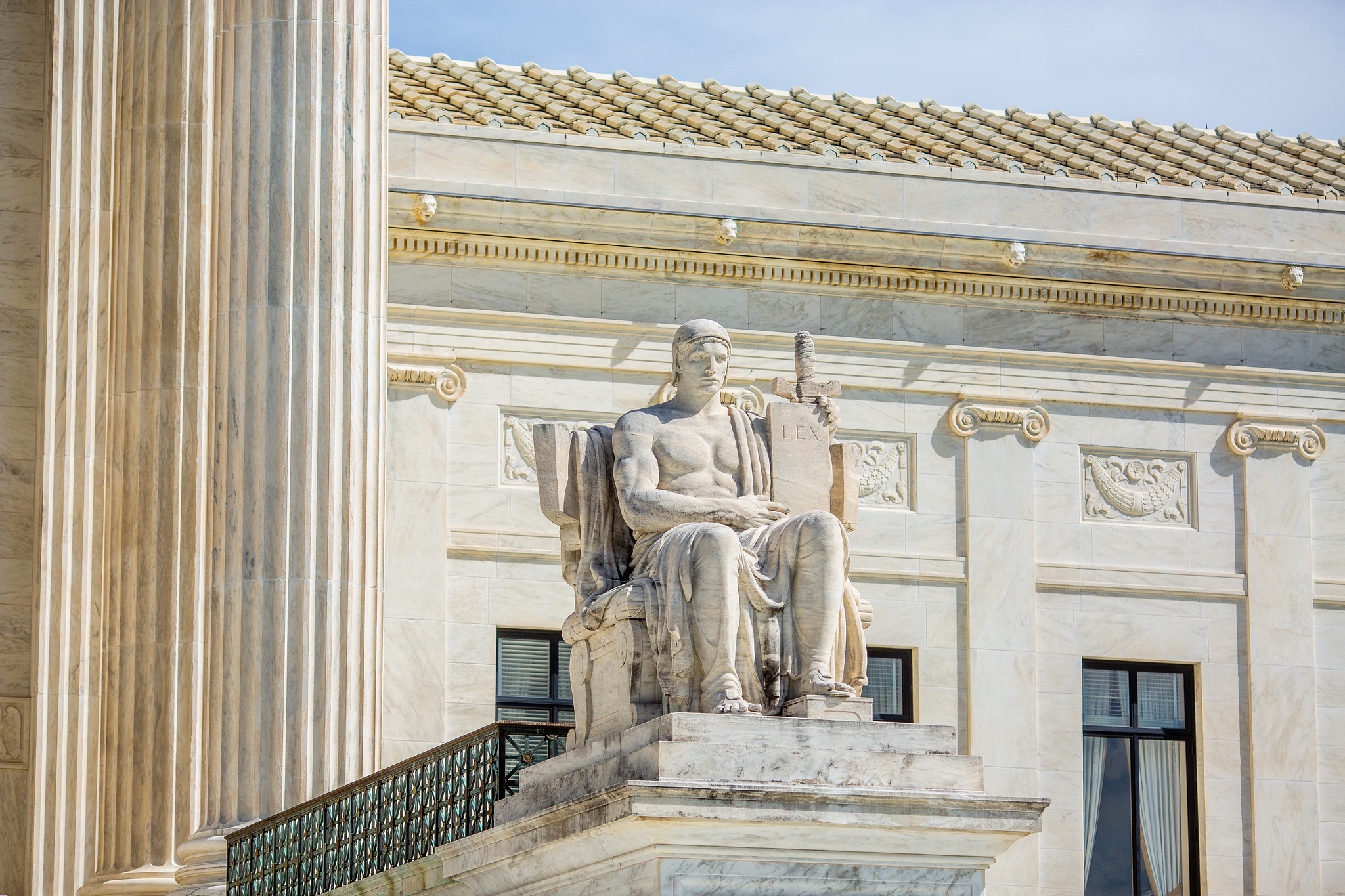Federal agencies claim immunity from suit under the Fair Credit Reporting Act


Monday’s argument in U.S. Department of Agriculture Rural Development Rural Housing Service v. Kirtz presents a routine statutory drafting problem arising out of a run-of-the-mill consumer lending dispute. The Rural Housing Service in the Department of Agriculture lends money to promote the development of safe and affordable housing in rural communities. This case starts with a loan it made to Reginald Kirtz. Kirtz claims that he has repaid the loan in full, but his credit report still incorrectly states that past-due payments remain outstanding. If you’ve ever had a dispute about your credit card, it won’t surprise you that Kirtz alleges that a letter sent pointing out the mistake produced no useful response from the lender in the Department of Agriculture.
If the Department of Agriculture were a private lender, Kirtz could bring suit in a federal court to present those allegations as a violation of the Fair Credit Reporting Act. The government contends, though, that it has sovereign immunity and thus cannot be forced, as a private lender could be forced, to comply. The lower courts rejected the government’s argument, but the justices have agreed to take a second look.
At bottom, this is a dispute between two understandings of sovereign immunity. From the government’s perspective, it is not nearly enough for the plain meaning of the statute to abrogate the government’s sovereign immunity. Rather, on the government’s view, a federal statute abrogates the government’s immunity only if the “overwhelming implications” of the statute demonstrate such a waiver. The government would limit that situation to two narrow statutory scenarios. The first is when a statute that explicitly strips the government of immunity – specifying, for example, that the “United States is not immune from liability under this section.” The second is when a cause of action “expressly authorize[s]” a suit against a sovereign – for example, by providing that a ” suit challenging a violation of this section by any person, including the United States, may be brought in a federal district court.” Because this statute is not nearly that clear, the government concludes, it should not be read to abrogate the government’s sovereign immunity.
Predictably, Kirtz argues for a much less demanding regime. For him, it is enough that the statute unambiguously imposes liability on the government. In this case, the statute provides for suit against any “person” and defines “person” to include “any … governmental … agency.” Accordingly, Kirtz contends (and the government more or less admits), the only way to avoid imposing liability on the government here is to ignore the definition that Congress gave for the words that Congress chose to define the liability that it created.
To be sure, the government has a favorable case that is quite similar. In 1973, in Employees of the Department of Public Health & Welfare v. Department of Public Health & Welfare, the Supreme Court held that Fair Labor Standards Act rules about “employers” did not apply to states even though the statute defined “employer” to include them. Kirtz argues that the court has come a long way since 1973 in its approach to statutory interpretation and that it is far too late for the court to be rewriting a statute to implement some non-statutory predisposition about congressional intent that contradicts the statutory text. Kirtz also argues that the constitutional underpinnings of Employees – the Supreme Court’s longstanding reluctance to recognize broad congressional authority to impose monetary liability on states – make its reasoning irrelevant in a case like this one, involving federal sovereign immunity.
My guess is that the argument will be a lively one, as both sides have clear weak points. On the one hand, some of the justices surely will press the government to explain how to reconcile the specific statutory text with its position. On the other hand, it is impossible to deny that the court on many occasions has read pretty clear text narrowly to protect governmental immunity. If I had to pick a recent case for guidance about the likely reaction of the justices, I would look to last term’s decision in Lac du Flambeau Band of Lake Superior Chippewa Indians v. Coughlin, in which the justices voted 8-1 to reject an argument that tribal sovereign immunity was so important that it should supersede a pretty clear waiver of tribal sovereign immunity in the Bankruptcy Code. As always, I’ll have more to report next week.
Posted in Featured, Merits Cases
Cases: Department of Agriculture Rural Development Rural Housing Service v. Kirtz